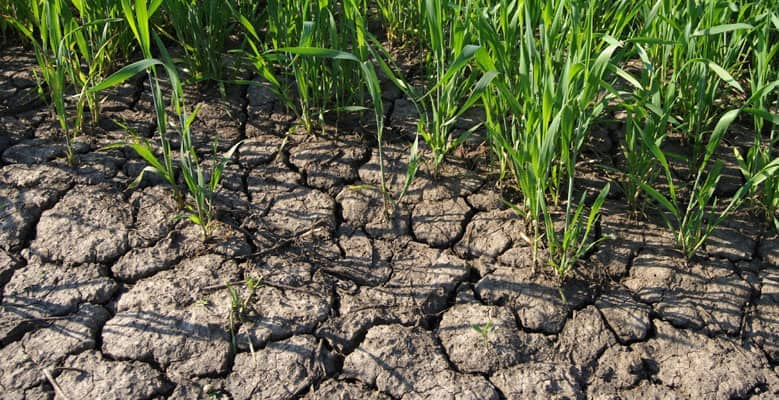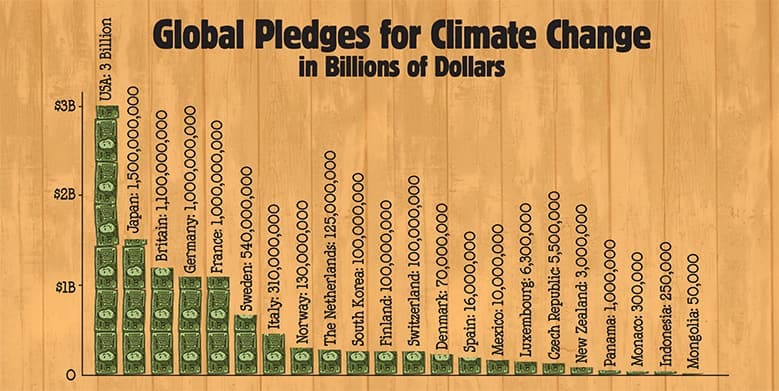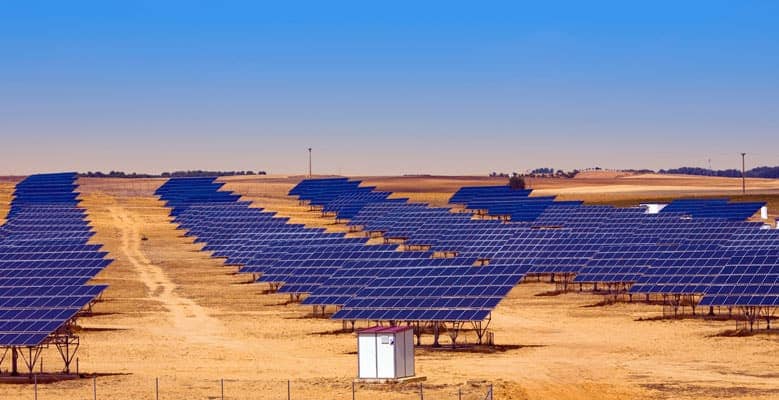Climate Justice Now:
February 23, 2015

Every passing year, the signs of climate change are becoming more apparent, more severe, and more devastating. Some of these changes in our climate will have dramatic ecological and social consequences. The cruel irony of climate change is that people in the developing world, who can least afford to adapt to climate change, will pay the steepest price for the 200 years of industrialization and pollution from the developed world.
Ben & Jerry’s is joining a chorus of governments and NGOs calling for climate justice. As primary beneficiaries of the economic growth propelled by cheap, dirty fossil fuels, the wealthy nations of the developed world have the responsibility to make sure the developing world is aided in their transition to a clean energy future and protected from the worst impacts of the climate change.
Archbishop Desmond Tutu echoes our thoughts: “Climate change is a matter of justice. The richest countries caused the problem, but it is the world's poorest who are already suffering from its effects.”
We’re excited to see a new large-scale program for climate justice called The United Nations Green Climate Fund. This new fund is a major international initiative championed by UN Secretary-General Ban Ki-moon. Its aim is to secure financial commitments from wealthy nations that accelerate investments in developing economies that cut emissions, expand renewable energy, and adapt to the impacts of climate change that are already being felt.
In 2014, The Green Climate Fund secured $9.3 billion in funding from some of the top the world’s greatest carbon polluters. Eventually the UN would like to see commitments of $10 billion a year.

What will that money do? It will help the world’s least developed countries. Adapting to rising sea levels and unstable weather patterns is a matter of life and death for the world’s poorest countries. Some of this money will help create systems and infrastructure to cope with the effects of climate change now.

If adequately funded by countries like the United States, the GCF can be an engine for sustainable economic growth throughout the developing world. It’s an opportunity to not only invest in avoiding the worst impacts from global climate change, but it’s also a driver of economic growth that will create new infrastructure, raise the standard of living, and create jobs throughout the developing world. What’s not to like?
Learn more about how your country is funding the fight against climate change in the developing world and embracing the goal of climate justice.
Join The Climate Movement
-
With a landmark climate action agreement in place including commitments from 196 countries to fight climate change, now is the time to keep the pressure on and ensure swift action. This climate agreement wouldn’t have happened without millions of people around the world taking action. And we won’t be able to meet the ambitious goals of the Paris Agreement without millions and millions more people taking action in support of a rapid transition to clean energy. Paris was just the beginning, not the end. Let’s get to work towards a greener, cleaner future. Add your voice to the millions demanding action and sign the petition today!